Gallery
Photos from events, contest for the best costume, videos from master classes.
 | 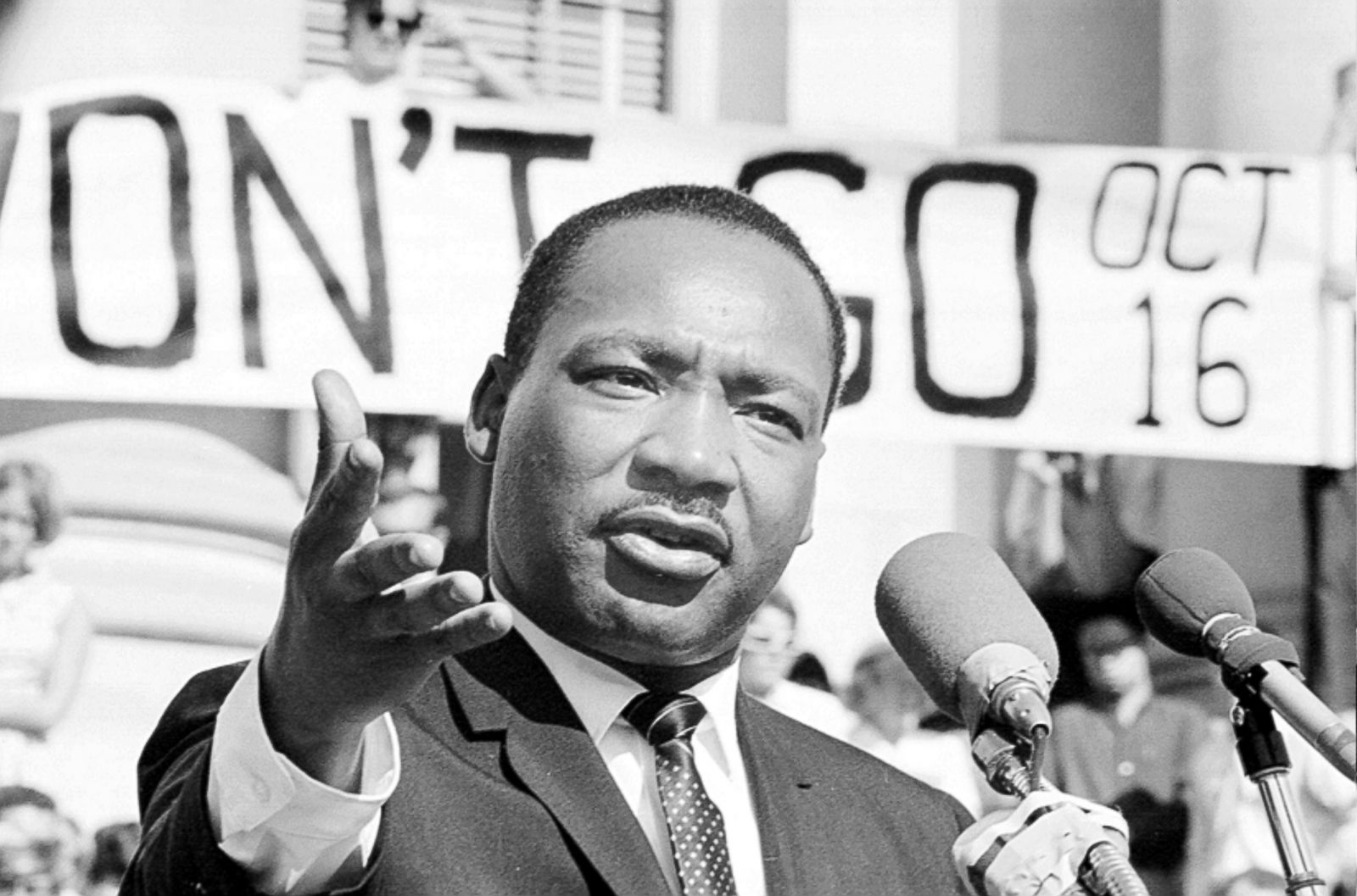 |
 |  |
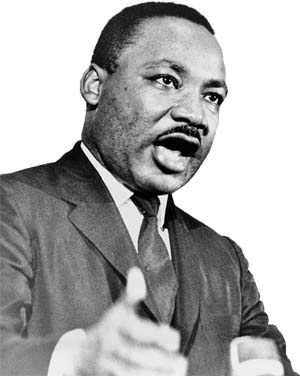 | 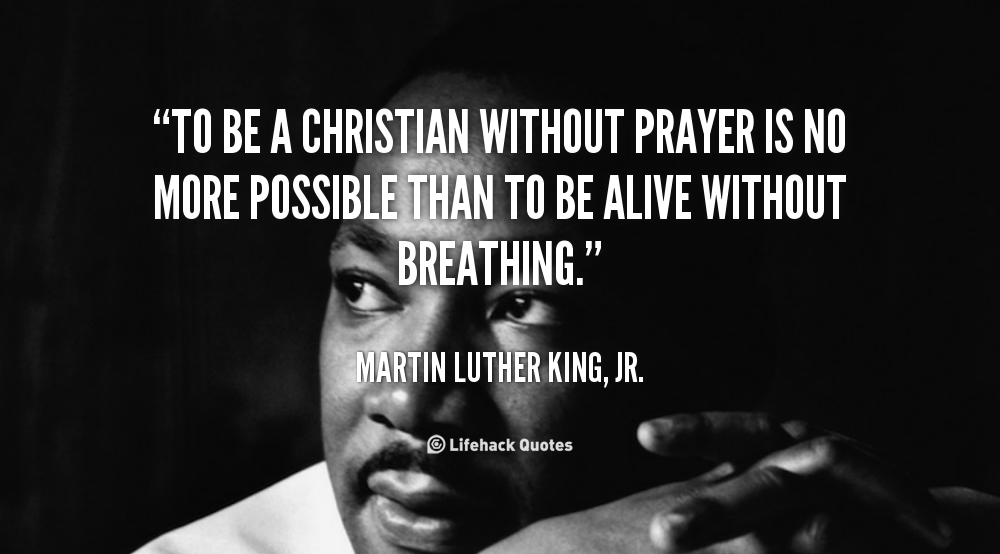 |
 | :no_upscale()/cdn.vox-cdn.com/uploads/chorus_asset/file/3318490/MLK_Dozler_Mobley.0.jpg) |
 |  |
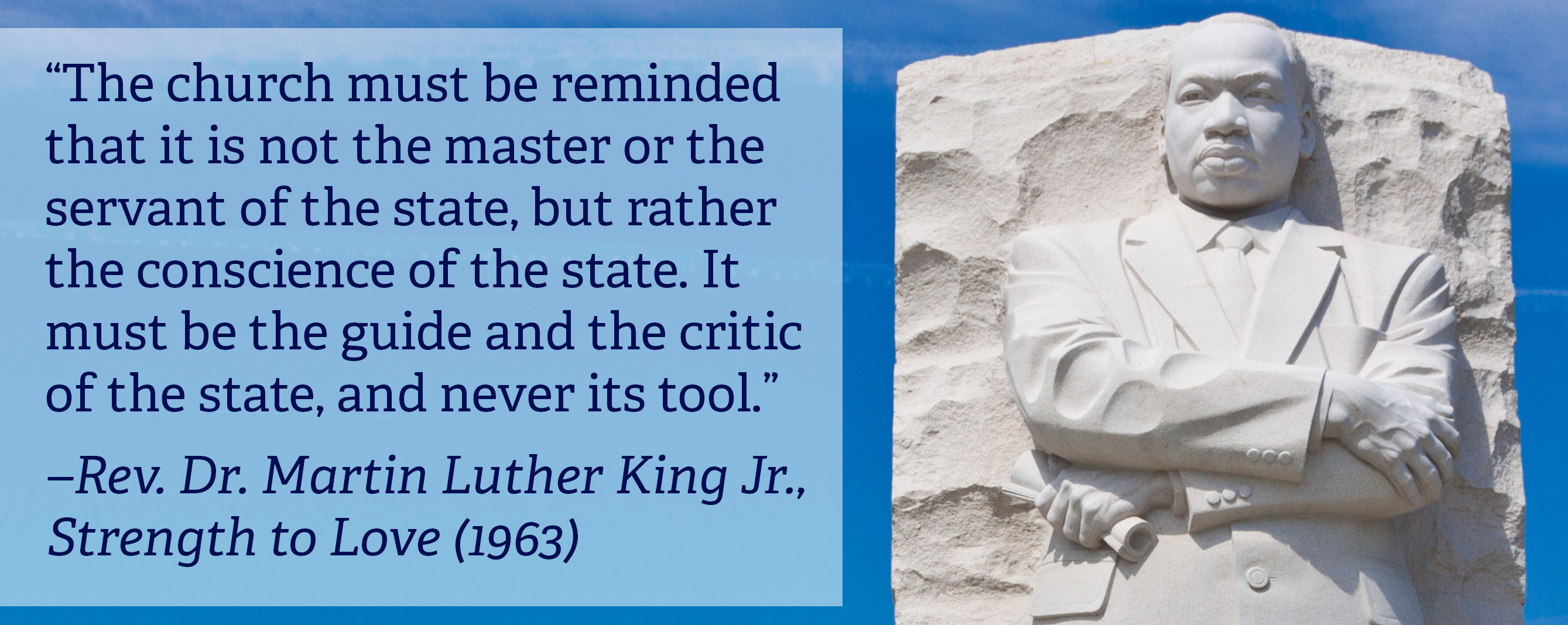 | 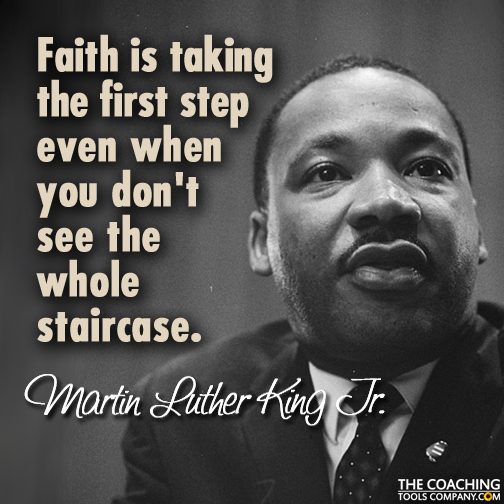 |
Though not a Catholic, the Rev. Dr. Martin Luther King Jr. deserves to have his legacy of non-violence, love and justice recalled in the context of Catholic social teaching. What's more, the Martin Luther King Jr. (born Michael King Jr.; January 15, 1929 – April 4, 1968) was an American Baptist minister, activist, and political philosopher who was one of the most prominent leaders in the civil rights movement from 1955 until his assassination in 1968. Above Christianity, above integration, above workers' rights, above theology, above all that was written about him, that is the religion of Martin Luther King, Jr. To let no one pull you so low, as to hate them. Religion: King was a Baptist Christian. Political views: King was a political man, influenced by Gandhi and dedicated to social change. But he eschewed American party politics for activism. Popularly titled “I’ve Been to the Mountaintop,” King’s address at Mason Temple, the Church of God in Christ headquarters, is compelling for all the usual reasons — King’s compassion, Martin Luther King Jr.’s deep religious beliefs played a significant role in his fight against economic injustice and poverty. His faith taught him the importance of treating everyone equally, which is why he worked tirelessly to help those who were poor and disadvantaged. During his formal academic training a vacillating Martin Luther King, Jr. came to reject Brightman’s doctrine of the finite-infinite God, the theory that God’s power is limited not only by the incidence of human freedom, but also by an uncreated, internal factor that Brightman called “the Given.” Martin Luther King Jr. devoted much of his life to understanding the scriptures and Christ. Some of his opinions on Christianity were radically different. Martin Luther King Jr. was born on Jan. 15, 1929, in Atlanta. At birth, his given name was actually Michael, but his father later changed it to Martin to honor the famed religious reformer Martin Luther, according to Time. Authentic religion—fueled by prayer and community—allows society to see a true reflection of itself: the good and the bad. It makes us slow down, be quiet and take a longer view of human Martin Luther King, Jr., made history, but he was also transformed by his deep family roots in the African-American Baptist church, his formative experiences in his hometown of Atlanta, his theological studies, his varied models of religious and political leadership, and his extensive network of contacts in the peace and social justice movements of his time. The Institute cannot give permission to use or reproduce any of the writings, statements, or images of Martin Luther King, Jr. Please contact Intellectual Properties Management (IPM), the exclusive licensor of the Estate of Martin Luther King, Jr., Inc. at licensing@i-p-m.com or 404 526-8968. Screenshots are considered by the King Estate a The Institute cannot give permission to use or reproduce any of the writings, statements, or images of Martin Luther King, Jr. Please contact Intellectual Properties Management (IPM), the exclusive licensor of the Estate of Martin Luther King, Jr., Inc. at licensing@i-p-m.com or 404 526-8968. Screenshots are considered by the King Estate a If he were still alive, Rev. Dr. Martin Luther King, Jr. would turn 86 today. The man best known for his leadership in the Civil Rights Movement, was deeply spiritual. He and his father were both Martin Luther King Jr. was born in Atlanta Georgia, the second son of Martin Luther King Sr. and Alberta Williams King. Martin Luther King Jr. was by vocation a Baptist minister. He was in the fourth generation of his family to take up this vocation. Martin Luther King Jr. helped lead the Civil Rights Movement. Read about his “I Have a Dream” speech, quotes, holiday, kids, assassination, and more facts. Led by his religious convictions Explores the complex role that Black religious leaders play—or don’t play—in twenty-first-century racial justice efforts Dr. Martin Luther King Jr. along with many of his Black religious contemporaries courageously mobilized for freedom, ushering in the civil rights movement of the mid-twentieth century. The religious identity of Martin Luther King Jr. Christopher Hale September 04, 2013 On Aug. 28 our country marked 50 years since the Rev. Martin Luther King Jr. commenced his March on Washington Dr. Martin Luther King Junior’s words still echo in our minds as we remember a courageous man who refused to be silent about inequality, injustice, and oppression. Born on January 15, 1929, Dr. King is widely hailed and respected for being a prominent leader in the Civil Rights Movement, and for his advancement of civil rights throughout the During his formal academic training a vacillating Martin Luther King, Jr. came to reject Brightman’s doctrine of the finite-infinite God, the theory that God’s power is limited not only by the incidence of human freedom, but also by an uncreated, internal factor that Brightman called “the Given.”
Articles and news, personal stories, interviews with experts.
Photos from events, contest for the best costume, videos from master classes.
 |  |
 |  |
 |  |
 | :no_upscale()/cdn.vox-cdn.com/uploads/chorus_asset/file/3318490/MLK_Dozler_Mobley.0.jpg) |
 |  |
 |  |